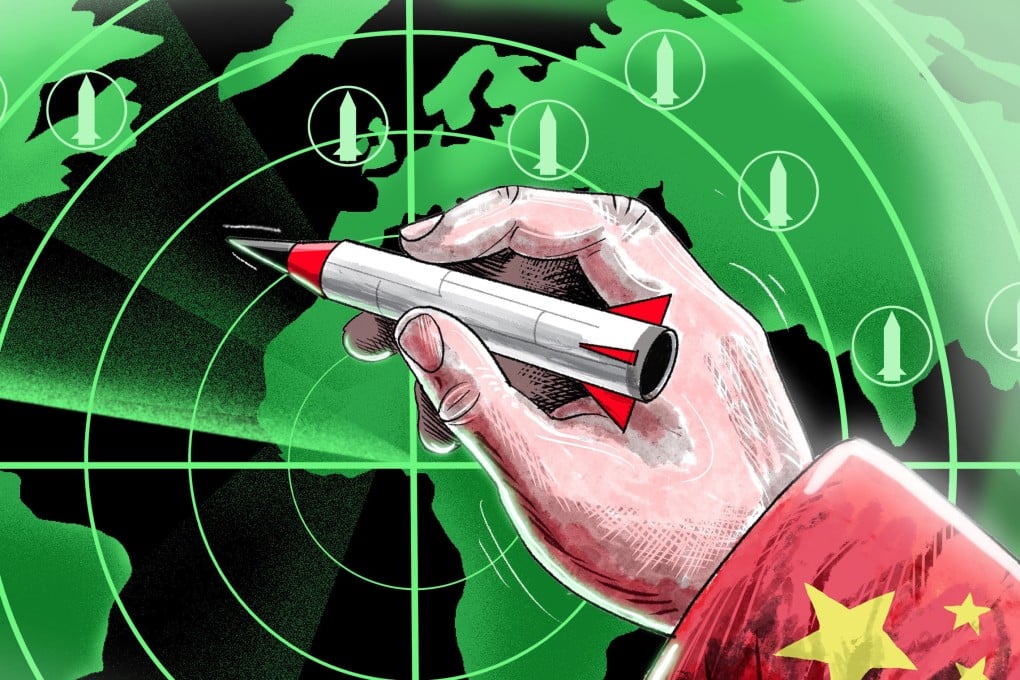Opinion | China’s ICBM test may well redraw the global security landscape
More than a show of tech strength, it represents a shift in nuclear strategy and alliance stability that could redefine global security

While analysis has focused on the technological strides China showed, the test exposes a series of under-reported challenges, particularly around alliance dynamics, nuclear diplomacy and the shifting power balance in global arms control.
By examining these broader implications, one can see that this missile test is more than a technological show of strength; it represents a pivotal shift in nuclear strategy and alliance stability that could redefine security in the region and beyond.
Taiwan, meanwhile, detected the missile’s launch but most likely lost it when it exited the island’s radar range, underscoring Taiwan’s limitations in strategic autonomy. The reliance of both Japan and Taiwan on the US complicates their defence planning, raising questions about their security resilience.

.jpg?itok=DJ5XFWbm&v=1725256567)